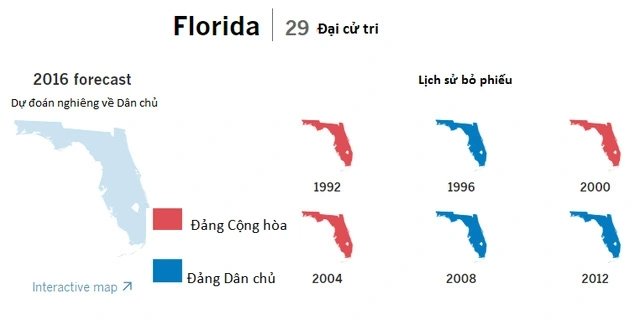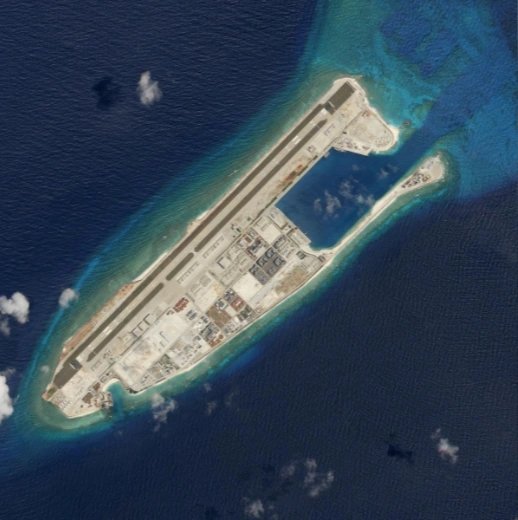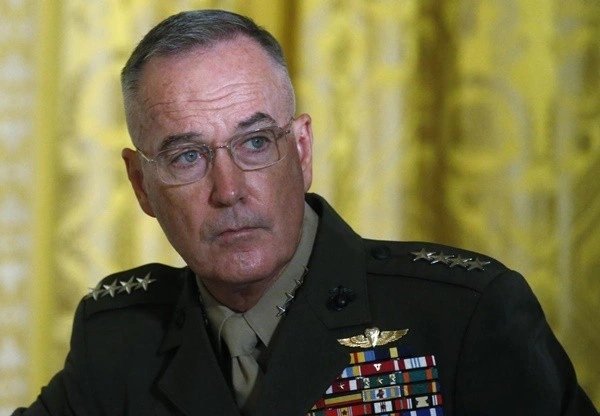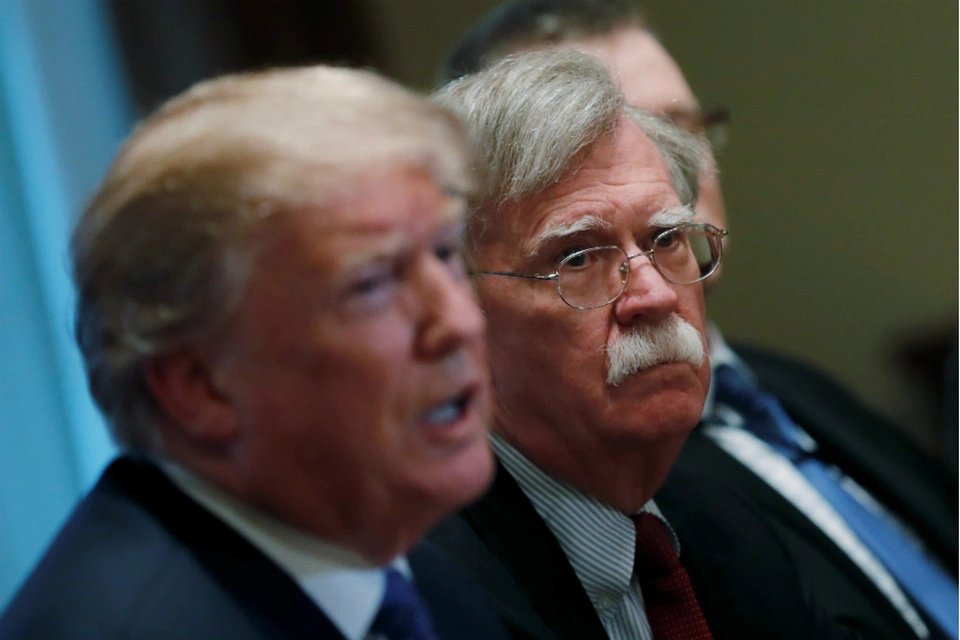
The White House was not pleased when Spain, Norway and Ireland announced their recognition of Palestine, but was not surprised because they had been `appeased` by the three European countries before.
Three European countries, including Spain, Norway and Ireland, announced on May 22 that they would officially recognize the Palestinian state from May 28.
To avoid a scenario that provokes US outrage, officials from three European countries have in recent weeks discussed with President Joe Biden’s administration a plan to recognize a Palestinian state, according to US and Irish officials.
In those conversations, Biden administration officials said that while they disagreed with the move by the three European countries, they understood why Spain, Norway and Ireland were taking this step now and `they seemed
President Biden has long supported a two-state solution, but he believes the best way to do it is through direct negotiations between Israel and Palestine, not from pressure from countries that recognize a Palestinian state.
The fact that three European countries informed the US in advance of their plans to recognize the Palestinian state shows that Washington’s global allies are trying to balance domestic political interests with the desire to avoid the risk of further instability in the Middle East.
As the conflict in the Gaza Strip drags on, such discussions become even more important to help de-escalate tensions and maintain relations, according to analysts.
Palestinians left Gaza City after Israel’s warning in October 2023.
A US official familiar with the discussion said Washington had made it clear to representatives of the three European countries that recognizing a Palestinian state would not be a useful measure.
`We would consider this an unavoidable reality for the politics of Spain and Ireland, while Norway has special reasons under the Oslo agreement,` said the unnamed US official.
Oslo, the capital of Norway, is where the parties signed the 1993 US-brokered two-state solution agreement, in which Israel accepted the Palestine Liberation Organization (PLO) as the representative of the Palestinian people, in
For years afterward, the parties argued fiercely over efforts to promote a two-state solution.
Meanwhile, many European countries believe that continuing to delay the parties to reach a two-state solution before recognizing Palestine is no different from giving Israel the right to veto efforts to recognize a Palestinian state.
For many years, Spain, Ireland and similar European governments including Belgium, Malta, Norway and Slovenia have discussed recognizing the Palestinian state, believing that this will contribute to promoting commitment to the Palestinian state.
Ireland was determined to take this step without damaging its strong relationship with American politicians, especially Mr. Biden’s White House.
They spoke directly with US National Security Council officials in March, along with multiple phone calls between Irish Foreign Minister Michael Martin and his US counterpart Antony Blinken.
`We have tried to clearly communicate our plans weeks, even months, in advance to ensure we do not cause unnecessary surprise or suspicion in Washington,` the official said, speaking on condition of anonymity.
Irish Prime Minister Simon Harris said Dublin hopes to see diplomacy resume between Israel and the Palestinian Authority in the West Bank.
The US government is still concerned that the move to recognize Palestine could encourage the armed group Hamas, so `we want to emphasize our message that Ireland is not a friend of Hamas,` the Irish official said.
The US still publicly expressed its dissatisfaction.
The decision by the three European countries could also strengthen international recognition of the Palestinian state.
`This is very important. It reflects Europe’s frustration that the Israeli government refuses to listen. It also puts pressure on the European Union (EU) to make a similar move,` a diplomat
When asked about Israel’s increasing diplomatic isolation, US National Security Advisor Jake Sullivan said `that is a concern of ours because we understand that it is not helpful to security or peace.`
But behind the scenes, officials downplayed the seriousness of the announcement.
The US may also view the moves by Spain, Ireland and Norway as simply a way to exert diplomatic pressure on Israel.
In the past, the West maintained the position that recognition of a Palestinian state should be the `reward` for the final peace agreement with Israel.
French President Emmanuel Macron also declared in February that `recognizing the Palestinian state is not a taboo for France`.

US President Joe Biden (right) hugs Israeli Prime Minister Benjamin Netanyahu on the tarmac of Ben Gurion Airport in Tel Aviv in October 2023.
Michael Wahid Hanna, director of the US program at the International Crisis Group in Belgium, said the impact from recognizing Palestine would be `cumulative and incremental over time`, but added that `it shows us that America is increasingly
Meanwhile, Israeli officials emphasized that the move to recognize Palestine would only encourage Hamas, further reducing the chances for a negotiated solution to end the conflict in the Gaza Strip.
However, many experts are still optimistic about this move.
`State recognition is a tangible step toward a viable political path that brings self-determination to the Palestinian people,` Lovatt said.








